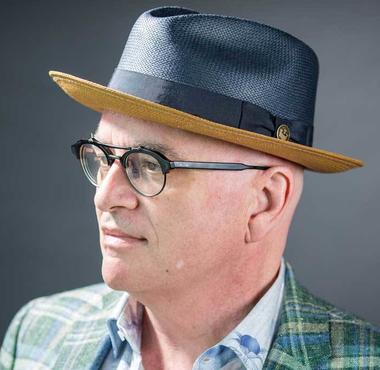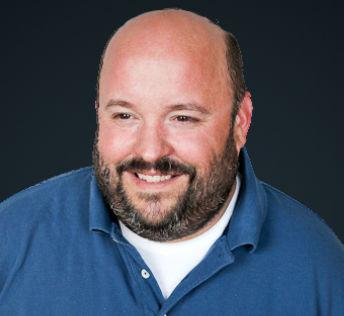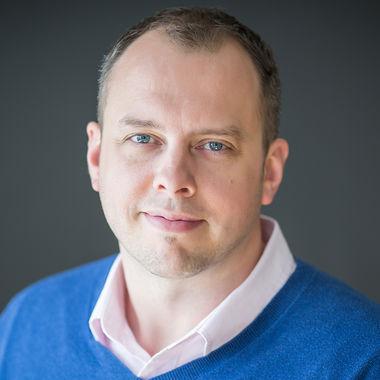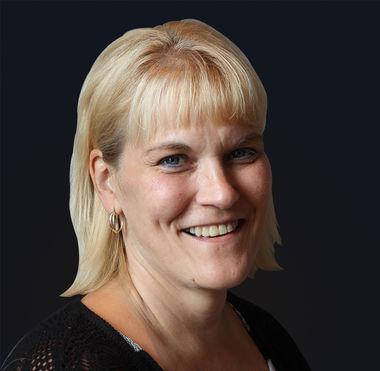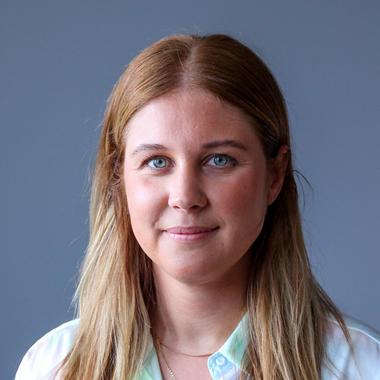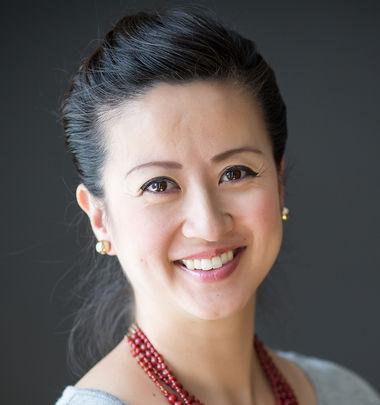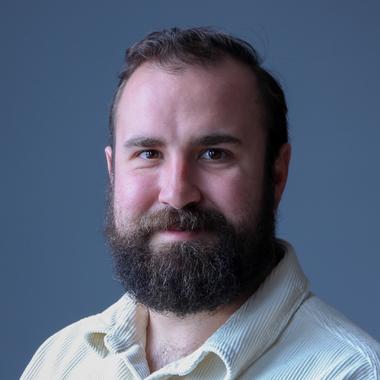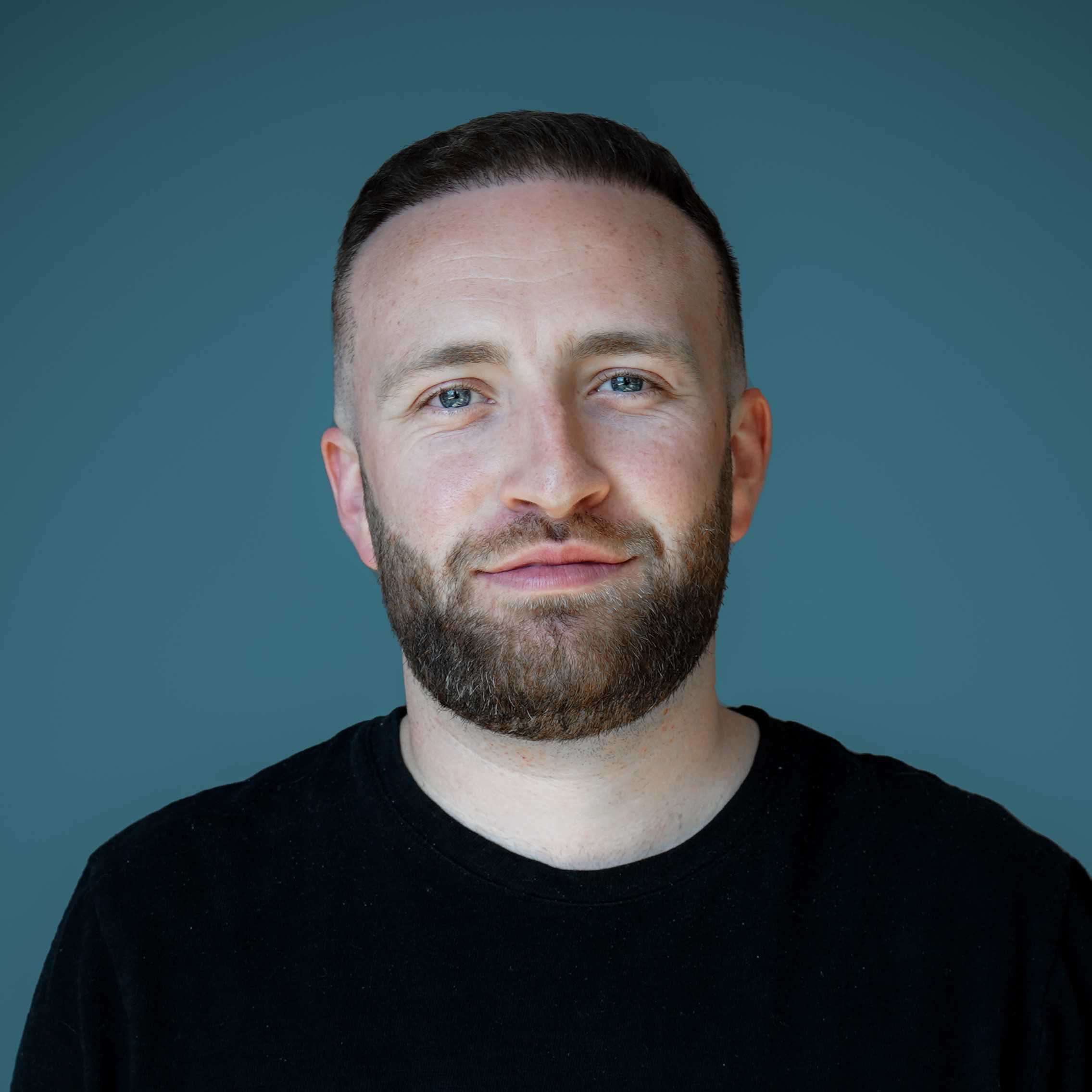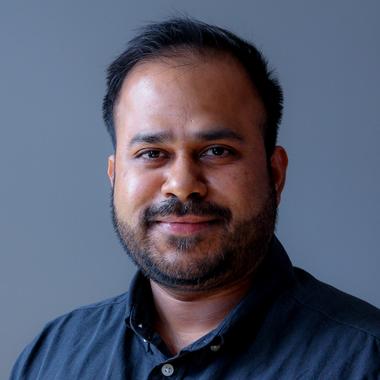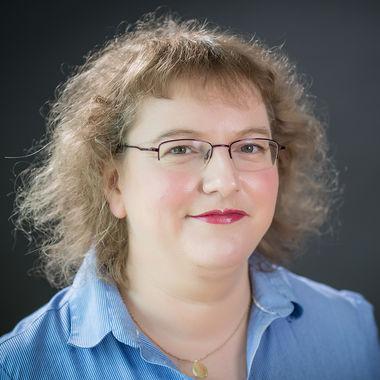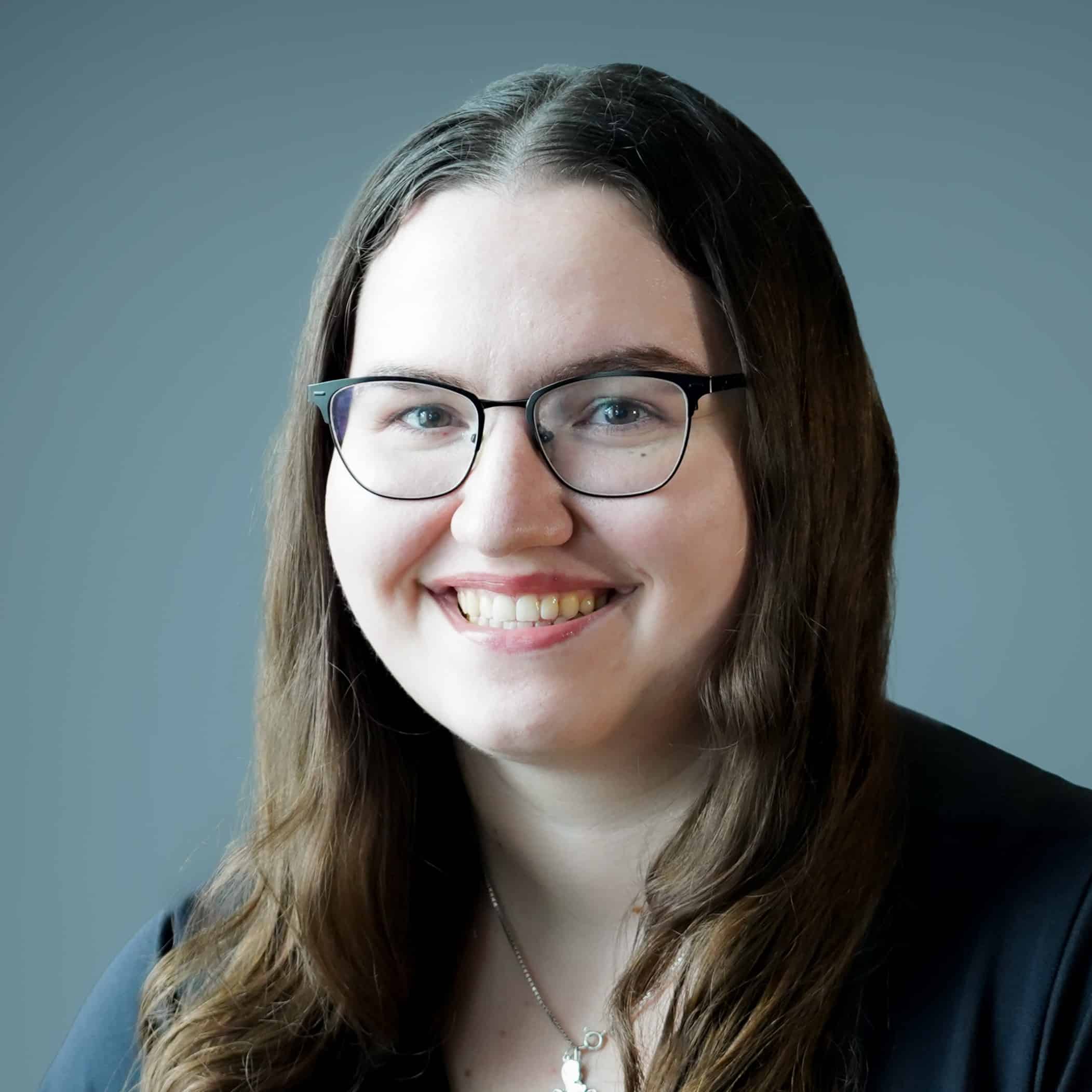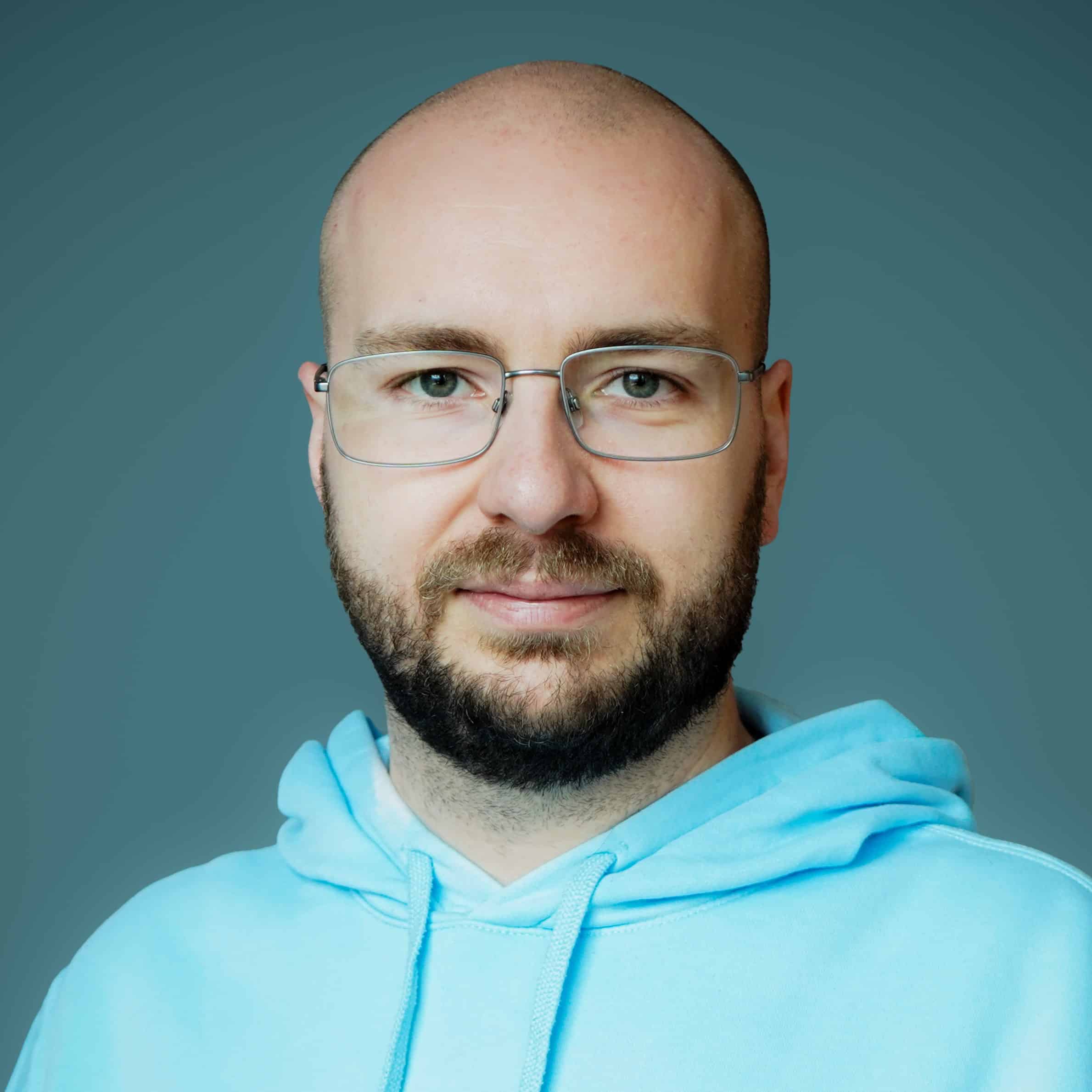David created The Lavin Agency committed to only representing original thinkers and unique practitioners. An avid collector of contemporary art, David sits on the boards of The Power Plant, MOCA, and The Contact Photography Festival. His favorite artist is Auguste Rodin, his favorite film is On the Waterfront, his favorite TV series is Buffy the Vampire Slayer, and his favorite book is The Brothers Karamazov.
The Lavin Agency Speakers Bureau
A speakers bureau that represents the best original thinkers,
writers, and doers for speaking engagements.
